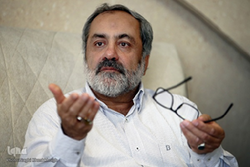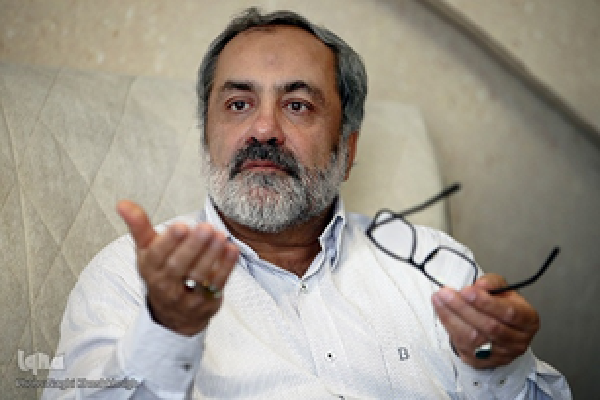Best and Most Worthless Types of Knowledge


In a series of sessions, Emad Afroogh tries to introduce the thoughts of Imam Ali (AS). In the sixth session, held under the title of “Close Association between Action and Word”, he said:
In different parts of the Nahj al-Balagha, like in Khutba (Sermon) 29, emphasis has been laid on the priority of actions over words. The 29th Khutba, like the one we discussed earlier, underlines the importance of deeds over remarks.
Imam (AS), says in this Khutba: “O people, your bodies are together but your desires are divergent. Your talk softens the hard stones and your action attracts your enemy towards you. You claim in your sittings that you would do this and that, but when fighting approaches, you say (to war), “turn thou away” (i.e. flee away).”
I should here also point to two aphorisms of the Nahj al-Balagha, namely Aphorisms 92 and 362. In the 92nd one, Imam (AS) addresses all people, saying: “ The lowest form of knowledge is that which remains on the tongue and the most superior form is that which manifests itself through (the action of) the limbs and the organs of the body.”
This underscores how deeds have priority over words.
Also in aphorism 366, Imam (AS) says: “Knowledge is associated with action. Therefore, he who knows should act, because knowledge calls for action; if there is a response well and good, otherwise it (i.e., knowledge) departs from him.” This also points out the relation between words and deeds.
The learned and those familiar with theories and theorization and monitor the society’s affairs are aware of the fact that, unfortunately, we hear today many words today that are not accompanied by deeds and they seemingly have positive functions for a special group. As long as words without deeds have positive functions in society, one cannot hope that there will be improvement and progress in society.


